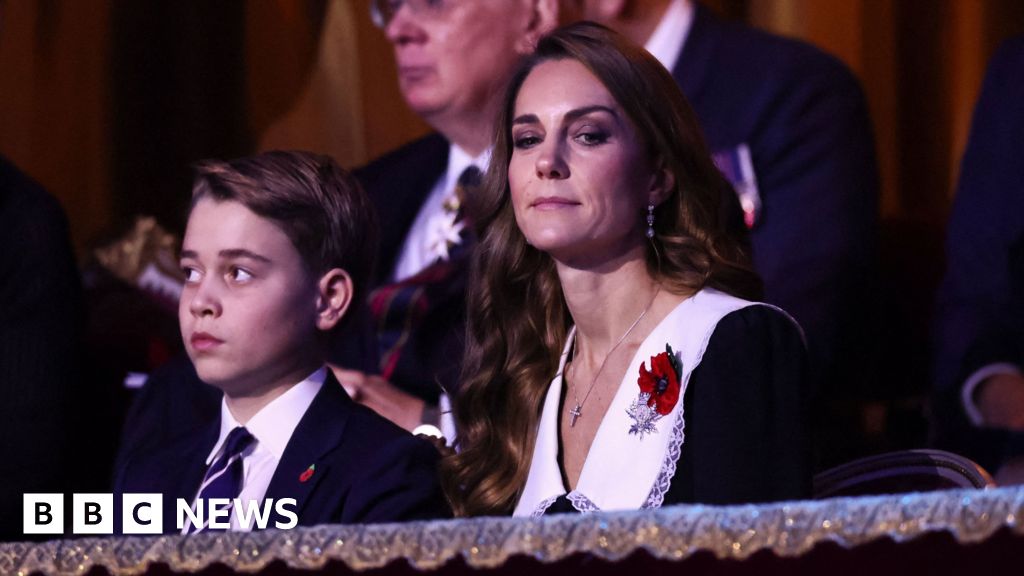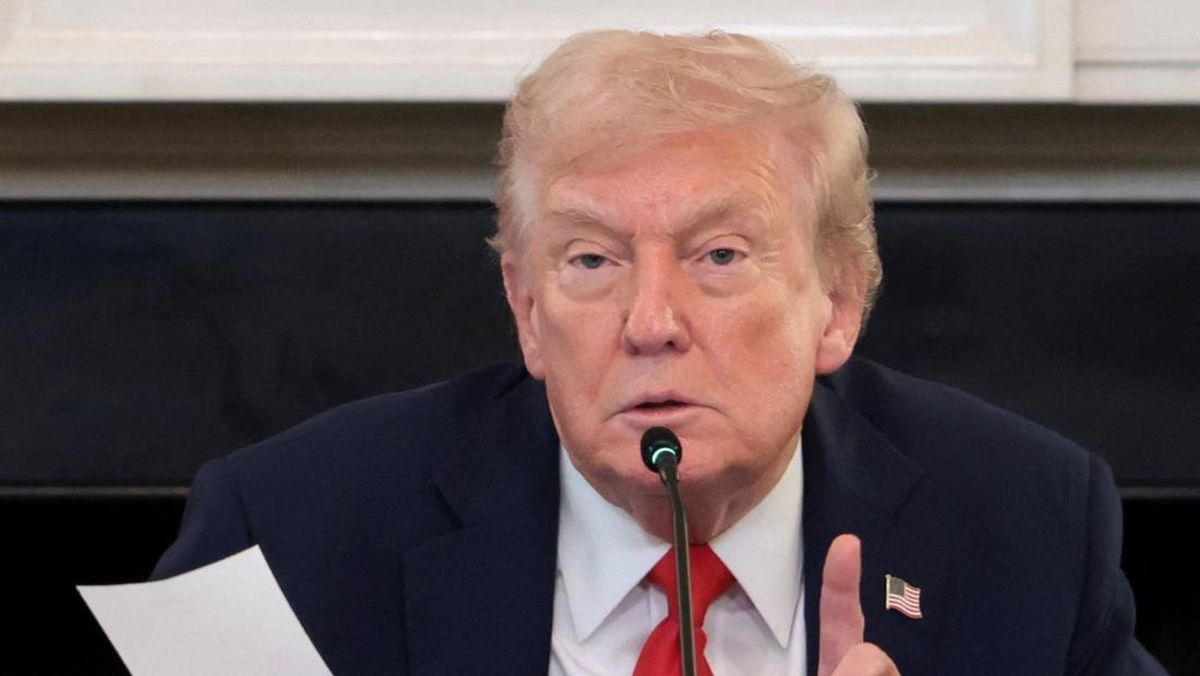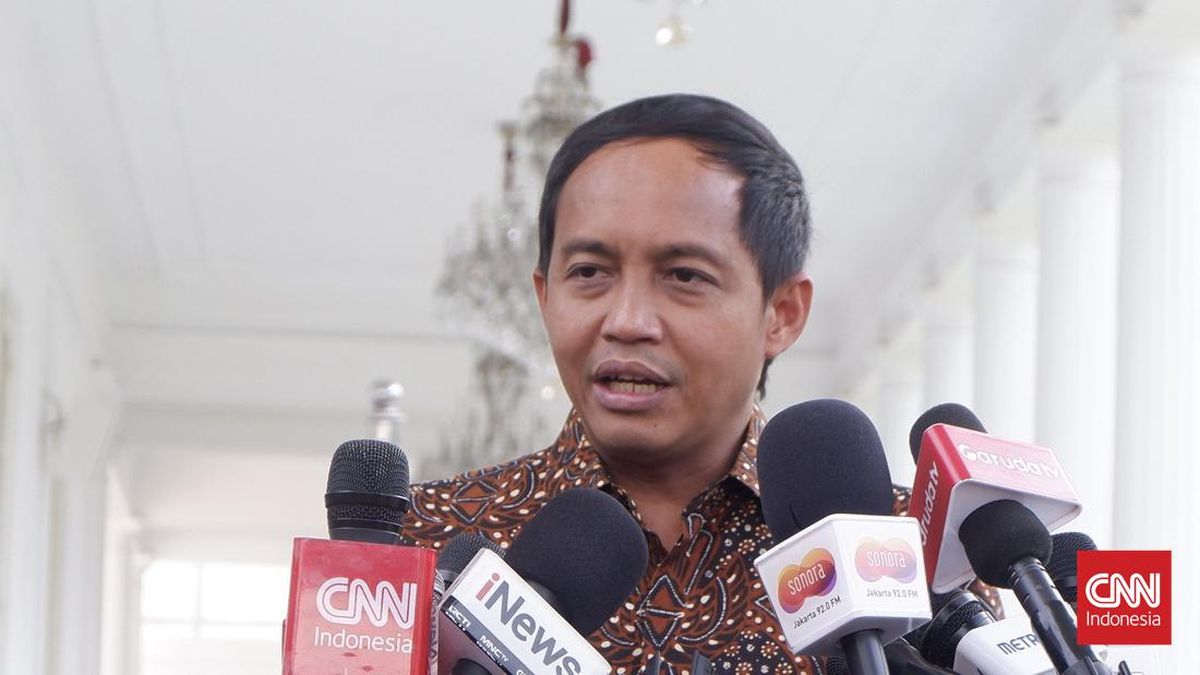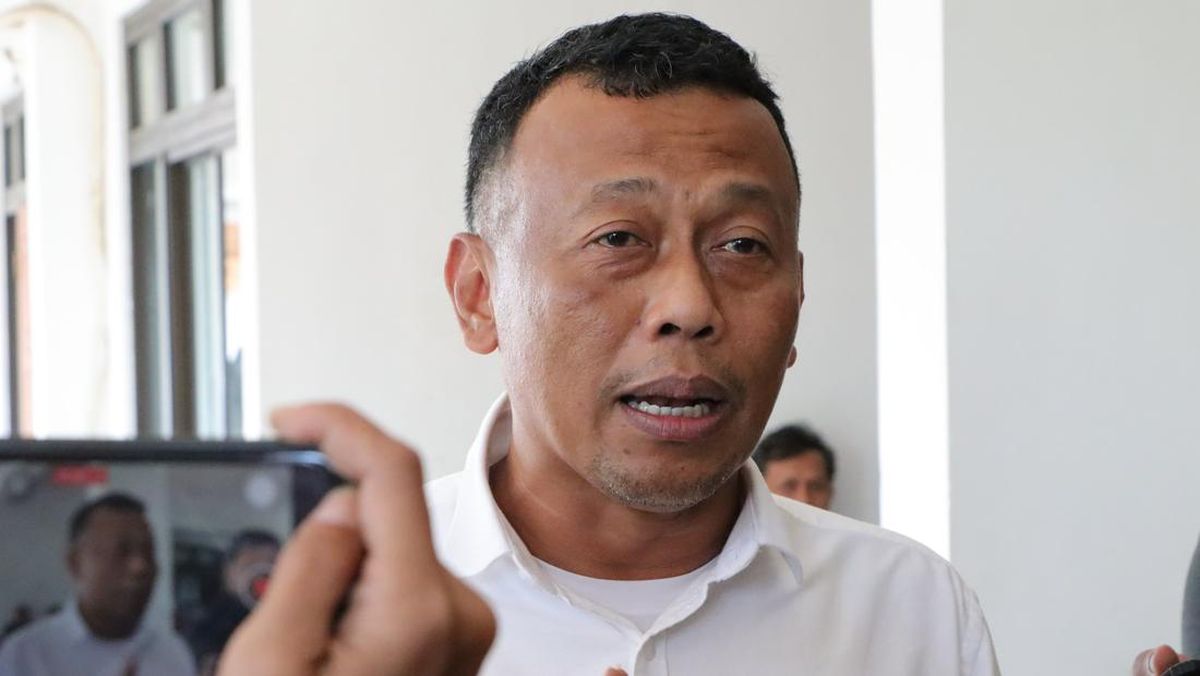The afternoon shift began as normal for Winsome Nash, a mother of five and a telephonist at the central telephone exchange in Elizabeth Street, Brisbane, in early July 1975.
In Canberra, a sense of crisis was swirling around the Labor government, with the scandal of the Loans Affair* ensnaring ministers and forcing the prime minister, Gough Whitlam, to sack the treasurer, Jim Cairns, on July 2 for misleading parliament.
That same week, on Monday, June 30, Queensland Labor senator Bert Milliner had died of a heart attack in his Brisbane office. The choice of his replacement, in the gift of the state’s premier Joh Bjelke-Petersen, would be crucial to Whitlam’s ability to govern.
While not a political activist, as the wife of a trade unionist and a Labor supporter herself, Win Nash was politically aware and understood the implications of these events.
What she did not know was that she was about to take a phone call that would bring her startlingly close to the political intrigue circling around them, and which has been the subject of intense speculation ever since. The call, along with others that week, would haunt her for the rest of her life.
On the phone line was the American ambassador to Australia, Marshall Green, speaking to Bjelke-Petersen.

Winsome Nash: an accidental witness to history.
Win died in 2009 and her husband, Joe, in 2016. Given the significance of the 50th anniversary of the sacking of the Whitlam government this week, two of their children, Barry Nash, 62, and Helen Nash, 65, both retired public servants, agree it is time to reveal what their mother heard.
“Barry and I are the two witnesses who can confirm that this happened, that she told us she had heard of an extraordinary plot against the government,” Helen said.
Joe and Win Nash were traditional Labor voters. Joe was a union organiser for the Building Workers’ Industrial Union (BWIU) for many years and had imbued his children in the history of the labour movement. He read widely and kept abreast of contemporary political developments.
When Green was appointed ambassador in 1973, Joe Nash was immediately suspicious. While it represented a significant upgrade in America’s diplomatic presence in Canberra, Joe knew that Green had earned a reputation in Labor circles as a coup master: he had been present during the 1961 coup in South Korea and then the overthrow of president Sukarno in Indonesia in 1965, leading to the deaths of up to one million Indonesians.

Gough Whitlam (second from left) said he had “candid and fruitful” discussions with Marshall Green (centre).Credit: Fairfax Media
Following Green’s appointment, Labor senator Bill Brown asserted the new ambassador was a “US hatchet-man” sent to Australia to protect “American financial interest and the maintenance of its military installations in this county”. In a later interview, Green said Brown described him as the “Central Intelligence Agency’s principal agent in the Western Pacific ... sent to Australia to ‘undermine’ the country”. Whitlam liked Green and dressed down Brown.
In the immediate aftermath of Milliner’s death, just who would replace him was critical to Labor’s precarious standing in the Senate – and its survival in office. Convention dictated a Labor senator would be replaced with another Labor figure.
Earlier in 1975, when attorney-general Lionel Murphy was appointed to the High Court, NSW Liberal premier Tom Lewis set a precedent by breaking this convention and appointing the non-Labor independent Cleaver Bunton.
Before Milliner died, the numbers in the Senate were 30 Coalition, 28 ALP, and the independents Bunton and senator Steele Hall from the SA Liberal Movement, both of whom generally supported Labor.
Milliner’s death potentially created an opportunity to defeat Labor on the floor of the Senate. If convention were broken a second time, the government would be at the mercy of the opposition.
The decision was Bjelke-Petersen’s to make. Fiercely anti-Labor, he had no time for Whitlam, who had earlier labelled him a “Bible-bashing bastard”.
Another factor was at play: the simmering discontent of American Cold War warriors with the Labor government. They were alarmed by its determination to set a more independent foreign policy and feared it would not renew the Pine Gap spy station lease in December 1975. The US administration saw this as a threat to satellite intelligence operations.
With the political stakes high, Win Nash became a chance witness to unfolding events in the days immediately after Milliner’s death.

Joh Bjelke-Petersen was a strident Labor opponent.Credit: Fairfax Media
Because she knew the name Marshall Green when she took the first call from the ambassador, her interest was sparked.
In the days before direct dialling, phone calls were made through an exchange and connected by a telephonist. The professional practice was for operators to ensure that the connection was made with both parties talking and then to cease monitoring. Every three minutes operators would ask the parties if they wanted to extend. An operator who eavesdropped risked dismissal.
Nash put through the call from Green to Bjelke-Petersen and listened in, safe in the knowledge that her shift supervisor was a friend and fellow Labor voter. She felt free to monitor the full conversation.
What she heard stunned her. When she returned to her Mount Gravatt home in the city’s south that night, she immediately called the family together around the kitchen table.

Barry Nash in the senate chamber in Old Parliament House in the seat vacated by Bert Milliner. His mother’s medal for 18 years of service at the telephone exchange is on the table.Credit: Alex Ellinghausen
Barry Nash recalls the moment: “Mum came home in an agitated state. The four of us were in the kitchen, where Mum recounted the details of the telephone call she had put through from Marshall Green to Joh Bjelke-Petersen.
“Mum said that it wasn’t a very long call, but during the conversation, Green wanted to ensure that Bjelke-Petersen understood and was prepared to exercise his right as premier of Queensland to nominate a ‘favourable’ replacement for the Senate vacancy created by senator Milliner’s death. She said Green repeatedly stressed to Bjelke-Petersen that he had to be judicious about selecting a reliable replacement.”
Barry and Helen both remember their father saying that Green was trying to coerce Bjelke-Petersen into appointing a “stooge”.
“It was clear from what Mum had heard that Green wanted Joh to appoint someone who was hostile to Whitlam and prepared to bring down the government,” Barry says.
“Dad mentioned that the Americans did not want Whitlam interfering with their bases in Australia and would want him removed from office.
“I clearly remember Dad saying that ‘we must warn Whitlam’, to let him know that the Americans, through their ambassador in Canberra, were seeking his political downfall.”
Helen remembers “the sudden look of fear” on her mother’s face. “Mum wanted to do the right thing, but if the Americans could trace it back to her eavesdropping on the call, then she’d go to prison,” Helen says. One sign of the genuine fear the family had about Green’s alleged CIA links was that Win believed her life could be in danger if she went public.

Helen Nash remembers the “look of fear” on her mother’s face at the thought of disclosing what she heard.Credit: Jamila Filippone
Barry says he will remember that moment to his dying day. “I vividly recall the look of absolute horror on Mum’s face and the heated discussion that followed.
“They soon realised that if anything was said publicly, it would destroy our family. Mum and Dad agreed at that point not to say anything about the conversation that she had overheard that day, and Helen and I were sworn to secrecy. We were not allowed to discuss the phone calls with anyone, including other family members.”
In the days that followed, Winn Nash told her family of two more phone calls from Marshall Green to Bjelke-Petersen. “One could safely surmise that Green was making sure that Bjelke-Petersen would continue to play his vital role in bringing about the downfall of the Whitlam government,” Barry says.
Adding to the family’s foreboding was another phone call to Bjelke-Petersen a day before the Green calls began that Win Nash had partially heard. The caller was Wiley Fancher, a right-wing American who was living in Queensland, but was calling from Zurich, a fact that stuck in Barry’s mind.
Barry Nash recalls that later that night his mother returned home in an agitated state. “She mentioned that she had briefly overheard them – Fancher and Bjelke-Petersen – discussing the Whitlam government. I didn’t realise until some time later the historical significance of this call.”
Loading
In December 1975 Labor frontbencher Tom Burns described Fancher in the Queensland parliament as a “shady financial dealer” who was Bjelke-Petersen’s friend. Federal parliament the following year heard allegations Bjelke-Petersen had sent him to Europe in late 1975 to search for compromising material on the Whitlam government’s loan raising.
The Nashes have long wondered if this American was a facilitator for the calls from Green to Bjelke-Petersen.
On July 30, Green’s ambassadorship in Australia ended, and he returned to Washington. On September 9, Bjelke-Petersen’s nomination to fill the Milliner vacancy, the Labor turncoat Albert Field, was sworn in as the new independent senator for Queensland.
Field was president of the Queensland branch of the Federated Furnishing Trade Society and had been an ALP member but opposed Whitlam’s progressive agenda, which Field said supported “homosexuality, incest, abortion and pornographic literature”. (Ironically, Whitlam’s nomination was Mal Colston, who would become a Labor senator in the next election but later was a turncoat.)
Whitlam’s fragile hold on the Senate had been weaponised against him. On October 15, 1975, the crippling Loans Affair* finally engulfed the government, leading to the “reprehensible circumstances” that then-opposition leader Malcolm Fraser needed to justify blocking the budget in the Senate.
With Field absent because of an ALP legal challenge, the opposition motion to block supply was carried 30-29. Senator Hall lambasted the Coalition’s move, saying: “Let it be remembered that the opposition succeeded only because a Labor senator died. They did it over a dead man’s corpse.”
On the basis of this ongoing financial impasse, governor-general Sir John Kerr took the federally unprecedented step of dismissing the Whitlam government.

Governor-general Sir John Kerr, pictured with Queen Elizabeth II in 1977, dismissed the Whitlam government after the opposition’s successful motion to block the budget in the Senate. Credit: Archive
Knowledge of the plot to sack Whitlam and topple the government hung heavy in the Nash family after the phone calls. To Barry, “it was like being on the Titanic knowing that you’re going to hit an iceberg and not being able to do or say anything about what was coming.”
When Kerr sacked Whitlam on November 11, 1975, Helen recalls the news came as a body blow to her mother. “She had heard the details of a coup and now it had happened.”
Barry remembers that when his father came home that day, he was angry. “He said to me, ‘They’ve orchestrated another coup.’ He was referring to Kerr, Fraser, Bjelke-Petersen, the Murdoch press, and the US and UK administrations.”
Speculation about CIA involvement in the dismissal began almost immediately. Asked in 1988 if US intelligence had any role in Whitlam’s sacking, Green denied it. “Our people weren’t operating behind your back,” he said.

Since the day Whitlam was sacked, speculation has swirled around the role of the US.Credit: Fairfax Media
However, declassified documents over the years have revealed the antipathy in Washington towards the Whitlam government. They have also shown an early appreciation by the government’s opponents that defeat in the Senate was a pathway to a change of government.
As historian Professor James Curran has noted, in October 1974 – just five months after Labor’s re-election – Green predicted in talks with the British high commissioner in Canberra, Morrice James, that the government would fall in six to 12 months and be replaced by the Coalition.
A month later, media boss Rupert Murdoch briefed Green on a meeting he had had with the governor-general in which Kerr had explained the problems Whitlam might have with supply if his hold on the Senate weakened. Green telexed Washington on November 16, 1974 that “Murdock (sic)” predicted that Australian elections were “likely to take place in about one year, sparked by refusal of appropriations in the Senate”.
In early 1975 Green returned to Washington where he had a private conversation with US defence secretary James Schlesinger about American concerns with the Whitlam government.
According to declassified files: “The ambassador then proceeded to review the political picture. There is a good possibility that the opposition could bring down the government in the spring and given the country’s current mood, the ALP could be turned out.”
On hearing the Nash family’s revelations, retired Griffith University academic Stephen Stockwell, who has just published a new book on the Whitlam dismissal, says it comes as no surprise that Green was intervening in Australian national, and state, politics to ensure compliance with US goals.

Nash with a photo of his mother, who kept her secret until she died.Credit: Alex Ellinghausen
“While the Nash family’s information is hearsay with regards to what is admissible in a court of law, it is also clearly compelling historical evidence of the United States overreaching their diplomatic authority and subverting a fellow democracy and close ally,” Stockwell says.
“While it is true that Joh Bjelke-Petersen did not require encouragement to oppose the Whitlam government, that Green rang on three occasions to drive home his point is evidence of the deep concern the United States had about their base at Pine Gap near Alice Springs and its future under the Whitlam government.”
Documents Stockwell reviewed after trawling through the Gerald Ford Presidential Library reveal that the US National Security Council’s Senior Review Group took a close interest in Australia from August 1974.
“It is clear from the report to National Security Study Memorandum 204 (NSSM 204) that the United States was very concerned about losing control of the Pine Gap base, which was their only means of bringing down information from a classified military satellite,” Stockwell says.
Stockwell notes that the report refers to a “clear possibility that a general election will again be forced within the next three years” and that “the opposition might be able to line up the independents, who hold the balance in the Senate, and force new elections”.
Barry Nash has no doubt from what his mother told the family that “Marshall Green was 100 per cent involved in instigating the process to have Gough Whitlam dismissed”.
Loading
“What she heard was the gun being loaded. It was a huge moral burden for her because she harboured the nation’s biggest secret.”
In July 1977, Warren Christopher, Deputy Secretary of State under the new Democrat president, Jimmy Carter, flew into Sydney Airport exclusively for a brief meeting with Whitlam, who was then opposition leader.
As Whitlam records in his memoirs, Christopher told him that president Jimmy Carter had instructed him to say that: “The Democratic Party and the ALP were fraternal parties. He respected deeply the democratic rights of the allies of the United States. The US administration would never again interfere in the domestic political processes of Australia. He would work with whatever government the people of Australia elected.”
Stockwell says it is as close to an apology for American interference in Australian domestic politics as could reasonably be expected.
In a referendum that same year, Australia voted overwhelmingly to alter the Constitution to ensure as far as practicable that a casual vacancy in the Senate is filled by a person of the same political party as the senator chosen by the people and for the balance of their term.
Win Nash retired from Telecom in 1990 and was presented with a medallion “in appreciation of 18 years of service to the community of Australia”.
She would have liked to have done more.
*The Loans Affair was the government approval to minister Rex Connor to raise US$4 billion, without Treasury knowing, for gas and minerals infrastructure. Connor was sacked when he kept going after he was no longer authorised; Treasurer Jim Cairns was caught up in it and likewise sacked.
Start the day with a summary of the day’s most important and interesting stories, analysis and insights. Sign up for our Morning Edition newsletter.


















































